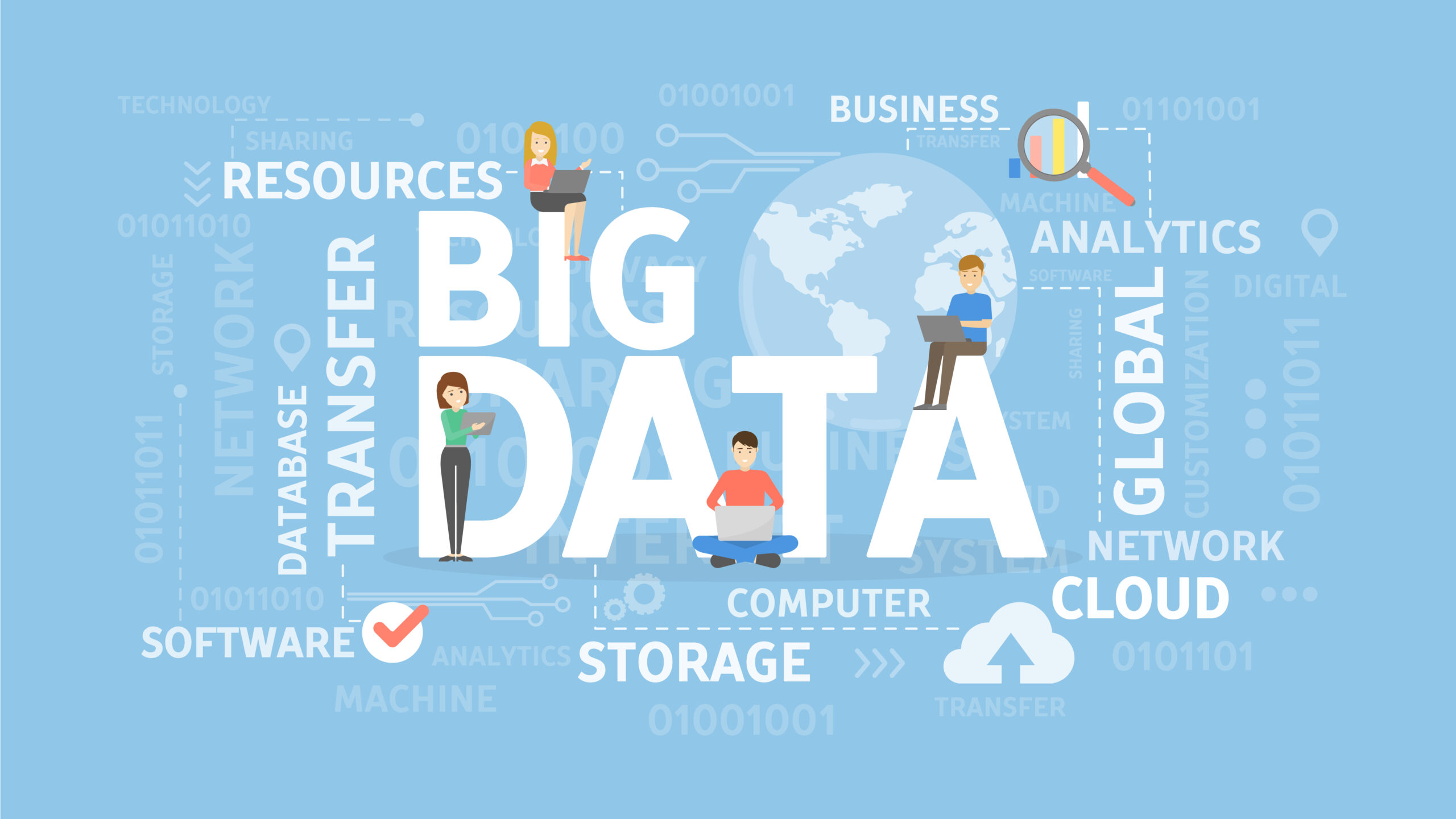Introduction
The concept of big data began forming, when the internet came into inception in the 1990s – prominent thinkers started to think about the future of data. It wasn’t until 1999 though that the precise term first appeared.
In simple terms, Big Data is the combination of all the processes and tools related to managing and utilizing large data sets. Businesses can use this to improve their marketing efforts, strengthen relationships with their customers, and generate more revenue.
In the last 2 years, businesses have spent more than $360 billion on big data analysis. This data was created by e-commerce, omnichannel marketing systems, IoT-connected devices and business applications with very fine-grained and detailed information.
As companies continue to grow and scale, the need for big data analytics becomes even more important. So let us deep dive into how this field is changing the way we do business.
How Big Data is Changing Business
Better Business Intelligence: Business Intelligence is the strategy and tactics adopted to make your venture profitable. With the help of great volumes of data, and the ability to process it, the scope of businesses can be expanded boundlessly. Big data has thus undoubtedly formalized Data Analysis into a legitimate career.
More Targeted Marketing: Marketing is the first tool in the salesman’s kit for increasing revenue. Big data captures minute consumer actions, allowing businesses to create more targeted marketing campaigns. For example, based on purchase and browsing history, companies can create highly personalized offers for prospective buyers.
Proactive Customer Service: Big Data can analyze trends and predict issues that customers will face in the future. For example, real-time analysis of the customer’s account and website visits can predict the onset of future issues. In this way the customer service can be informed and prepared to manage the situation beforehand.
Customer-Responsive Products: Big Data is able to provide key insights as to what creative model or product should be offered next. By analyzing the features being appreciated and how they can fulfill the needs of the customers, the next ‘ hit ‘ can be predicted. In this way, the company’s products are made more customer-responsive and lead to greater success.
Rise of the CDO and Data Departments: With Big Data, there has been transformation in the way businesses run. During the ’80s and ’90s, the IT department came to the forefront. The Chief Information Officer was the head of this department and was responsible for driving productivity and growth. Now, data departments are being run separately by Chief Data Officers who report directly to the CEO.
Improvements in Operational Efficiency: As Big Data contains a wealth of data about every product and process, it can inform operational engineers on how to make systems more efficient. This saves costs and improves business performance.
Reduced costs: Big Data helps provide planners with future trends and forecasts. This then enables them to strategically allocate budgets, which saves costs. For example, inventories are costly to maintain – it is critical to know how much inventory to keep. Not too much and not too little. Big Data helps calculate the right inventory to keep.
Fraud Detection: Fraud Detection is an important priority for financial institutions and insurance industries. With the ability to analyze large amounts of data, Big Data is more effective in detecting suspicious activities than conventional systems. Big data analysis can also reduce the incidence of false positives in fraud detection, to avoid unnecessarily freezing merchant accounts.
Cybersecurity: Big Data is also useful for cybersecurity professionals. Information gathered from computers, mobile devices, networks, sensors, cloud systems and smart devices can be consolidated to predict threats and vulnerabilities in advance.
Final Thoughts
Big data’s growth has been nothing short of explosive. It has transformed how companies operate and helps them make strategic decisions.
Today, in order to generate more sales, you need to be able to really listen to your consumers and treasure all the data they provide you with. It is an integral part of businesses and helps them generate more revenue.
Therefore, there is no doubt that Big Data will continue to play an important role in all industries. It is becoming the lifeblood of any modern business and a terrific tool for the transfusion of smart and evolutionary change in the company’s growth trajectory !
